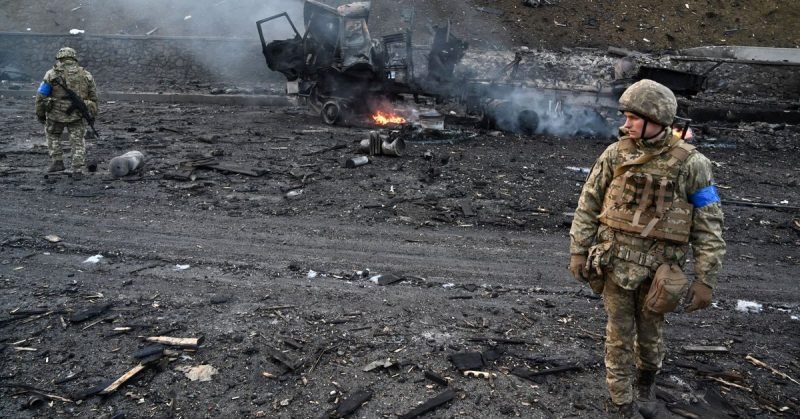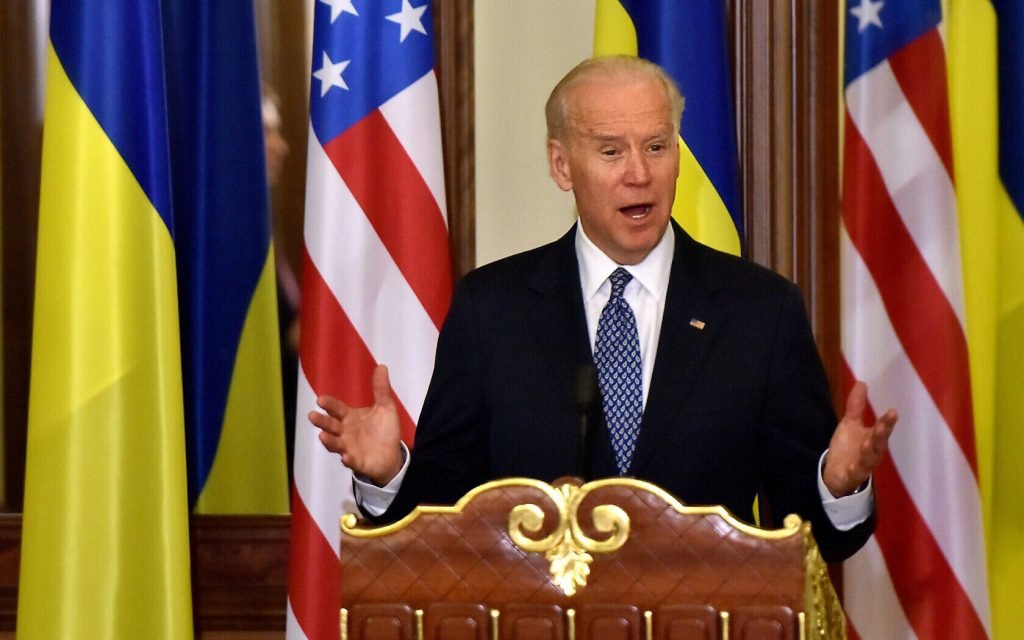Reverberation of the Russia-Ukraine war across the world’s regions

Apart from the misery and humanitarian disaster caused by Russia’s invasion of Ukraine, the world economy as a whole will suffer from weaker development and higher inflation.
There will be three major channels via which the effects will be felt. One, increasing costs for commodities such as food and energy will drive inflation higher, diminishing the value of incomes and putting downward pressure on demand. The economies of two neighbouring countries will face disruptions in trading, distribution channels, and remittances, as well as an unprecedented increase in refugee movements. Finally, lower company confidence and increased investor uncertainty will put downward pressure on asset values, stiffening financial conditions and perhaps inducing capital outflows from emerging economies.
Russia and Ukraine are the large-scale commodity producers, and the interruptions have driven up the prices globally, particularly for oil and natural gas. Food prices have increased significantly, with wheat shipments from Ukraine and Russia accounting for 30% of global exports.
Countries with direct trade, tourist, and financial exposures will face extra pressures in addition to global ripple effects. Oil-importing economies would have larger budget and trade deficits, as well as increased inflation pressure, however certain exporters, such as those in the Middle East and Africa, may gain from higher prices.
Increased food and fuel prices may exacerbate the danger of unrest in several countries, ranging through Sub-Saharan Africa and Latin America to the Caucasus and Central Asia, whereas food insecurity in parts of Africa and the Middle East is likely to worsen.
If energy commerce shifts, supply chains rebuilds, payment networks fragments, and governments reassess reserve currency holdings, the battle may radically disrupt the global economic and geopolitical order in the long run. Increased geopolitical tensions exacerbate the possibility of economic fragmentation, particularly in trade and technology.
Europe
In Ukraine, the toll has already been enormous. Unprecedented sanctions against Russia will stifle financial intermediation and trade, resulting in a deep recession in the country. The fall of the Ruble is boosting inflation, further lowering people’s living standards.
Because Russia is a major source of import of natural gas, energy is the primary spillover channel for Europe. Wider supply-chain disruptions could have serious consequences. These repercussions will exacerbate inflation and slow the pandemic’s recovery. Eastern Europe will face increased finance costs as well as an influx of refugees. According to UN’s data, it has absorbed the majority of the 3 million refugees who recently evacuated Ukraine.
Increase in spending on energy security and defence budgets could put economic strain on European countries.
While foreign exposure to Russian assets is small by international standards, pressures on developing markets could increase as investors seek safer havens. Most European banks, likewise, have small and manageable direct exposures to Russia.

Caucasus and Central Asia
Beyond Europe, the recession and sanctions in Russia will have a wider impact on these bordering countries. Closer trade and payment-system ties will stifle commerce, remittances, investments, and tourism, wreaking havoc on economic growth, inflation, and the external and fiscal accounts.
While increased international prices should benefit commodities exporters, energy exports could be harmed if restrictions are extended to pipelines through Russia.
Middle East and North Africa
Increasing food and energy prices, as well as tighter global financial circumstances, are likely to have major consequences. For example, Egypt imports over 80% of its wheat from Russia and Ukraine. In addition, as a famous tourist site for both, visitor spending will decrease.
Policies aimed at containing inflation, such as increasing government subsidies, could put additional strain on already strained fiscal balances. Furthermore, deteriorating external financing conditions may encourage capital outflows and add to growth challenges for countries with high debt levels and significant financing requirements.
In some nations, like those with poor social protection, limited job prospects, limited fiscal headroom, and unpopular administrations, rising prices may exacerbate social tensions.
Sub-Saharan Africa
At a time when the continent was beginning to recover from the virus, this catastrophe jeopardises that progress. Various nations in the region are especially vulnerable to the war’s consequences, owing to rising oil and food costs, diminished tourism, and the possibility of problems accessing international credit markets.
The dispute arises at a time when most governments have limited policy options to mitigate the shock’s effects. This is expected to exacerbate socioeconomic pressure, public debt fragility, and scarring from the pandemic, which was already wreaking havoc on millions of homes and businesses.
Rising wheat prices are especially worrying for a country that imports around 85% of its supplies, with Russia and Ukraine accounting for one-third of that.
Western Hemisphere
The main source of spillovers will be food and energy prices, which will be significant in some circumstances. High commodity prices are expected to accelerate inflation in Latin America and the Caribbean, which currently has an annual rate of 8% in five of its main economies: Brazil, Mexico, Chile, Colombia, and Peru. Central banks will have to defend their credibility in combatting inflation in the future.
Costly goods have a variety of growth consequences. Higher oil prices damage importers in Central America and the Caribbean, but suppliers of oil, copper, iron ore, corn, wheat, and metals can raise prices to offset the impact on growth.
Financial conditions are still favourable, but escalating conflict may result in global financial distress, which, combined with stringent domestic monetary policy, will put downward pressure on growth.
Although the US has minimal linkages to Ukraine and Russia, which dilutes direct effects, already the inflation was at a four-decade high even before war pushed commodities prices higher. Once a result, as the Federal Reserve begins to raise interest rates, prices may continue to rise.

Asia and the Pacific
Because of the absence of direct economic linkages, spillovers from Russia are anticipated to be modest, but slower development in Europe and the world’s economy will have a significant impact on key exporters.
The importers of petroleum to the ASEAN nations, India, and frontier economies, including several Pacific Islands, would see the most significant repercussions on current accounts. This could be exacerbated by a drop in tourism in countries that rely on Russian visits.
Since fiscal stimulus will support this year’s 5.5 percent growth goal and Russia only imports a small percentage of China’s exports, the immediate repercussions for China should be limited. Nonetheless, rising commodity prices and falling demand in major export markets add to the difficulties.
Japan and Korea may experience similar spillovers as a result of additional oil subsidies. India’s inflation will rise as a result of higher energy prices, which is already above the central bank’s goal range.
Local production and a greater dependence on rice rather than wheat should alleviate Asia’s food price difficulties. Imports of high-priced food and energy will raise consumer prices, although subsidies and price restrictions for fuel, food, and fertiliser may mitigate the immediate impact—at a cost to the government.
Global Shocks
The repercussions of the Russia-Ukraine war have already shaken not just those countries, but also the region and the rest of the world, emphasising the significance of an international safety net and regional agreements to cushion economies.
At a recent press conference in Washington, IMF Managing Director Kristalina Georgieva said, “We live in a more shock-prone society and we’ll need collective strength to deal with future shocks.”
While some effects may take years to manifest, there already are obvious indications that the war and the resulting increase in the cost of basic commodities will make it more difficult for policymakers in some nations to strike the fine balance for both containing inflation and continuing to support economic recovery from the pandemic.


















